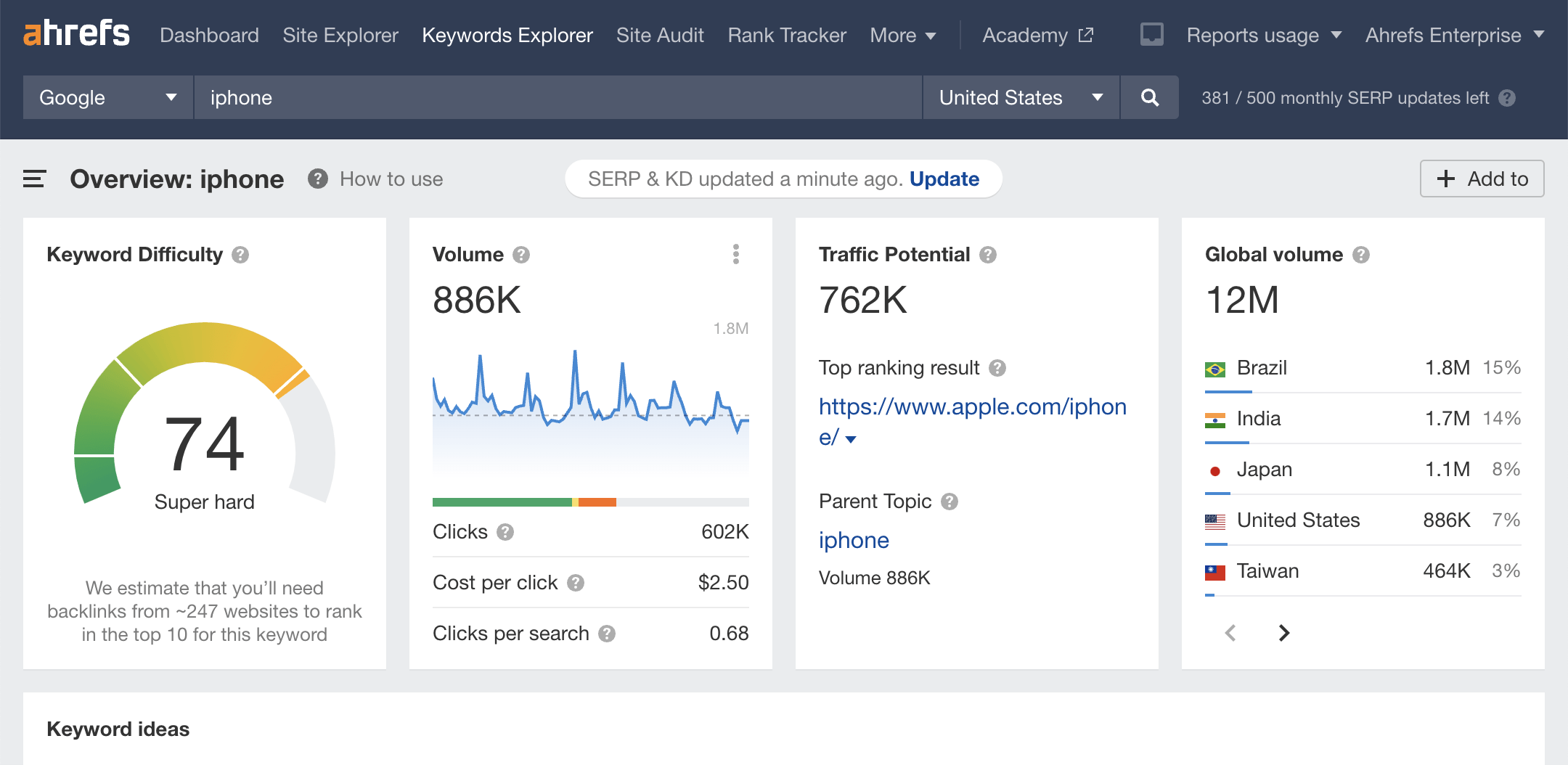Free Keyword Generator: A Complete Guide to Finding the Right Keywords

Free Keyword Generator When it comes to digital marketing, content creation, and search engine optimization (SEO), the phrase “keywords are king” still holds true. Whether you’re running a blog, launching an online store, or promoting your services, the right keywords can be the difference between showing up on Google’s first page or getting buried under your competitors. That’s where a free keyword generator comes into play.
In this article, we’ll break down what a free keyword generator is, why it matters, and how you can make the most of it. We’ll also cover the benefits, potential drawbacks, and some smart tips for getting better results. Let’s dive in.
What is a Free Keyword Generator?
A free keyword generator is a tool that helps marketers, bloggers, and businesses find keyword ideas based on a topic, niche, or seed keyword. Essentially, you type in a word or phrase, and the tool gives you a list of related search terms that people are actively looking up online.
For example, if you enter “healthy recipes” into a keyword generator, it might suggest phrases like “healthy recipes for weight loss,” “easy healthy recipes,” or “quick healthy dinner ideas.” These suggestions are not random; they are based on real search queries and data trends.
The beauty of a free keyword generator is that you don’t need a big budget to start optimizing your content. Many paid SEO tools can be expensive, especially for beginners. But free keyword tools provide an easy entry point for anyone who wants to grow their online presence.
In addition to giving you keyword suggestions, some tools also provide data such as search volume, competition level, and keyword difficulty. While free tools may not always give you the most advanced analytics, they are still extremely valuable for brainstorming ideas and building an SEO strategy.
Why You Need a Keyword Generator in Today’s Digital World

Free Keyword Generator: A Complete Guide to Finding the Right Keywords In the crowded digital space, standing out requires strategy, not guesswork. Without a keyword generator, you might waste time creating content that no one is actually searching for. That’s why using a free keyword generator is essential—it gives you insights into what your audience really wants.
One major benefit of keyword generators is discovering long-tail keywords. These are longer and more specific phrases that may have lower search volumes but are easier to rank for. For example, instead of targeting the broad keyword “shoes,” you might use “comfortable running shoes for women.” This not only improves your chances of ranking higher but also ensures that your content attracts the right audience.
Another reason keyword generators are so important is because search intent is constantly evolving. The way people search online changes with new trends, technology, and even cultural shifts. By using a keyword generator, you stay updated on the latest phrases people are using, ensuring your content remains relevant.
Lastly, if you’re trying to compete in niches with heavy competition, free keyword tools can help you find hidden opportunities. Even if the “big keywords” are too competitive, there are always untapped variations that can bring traffic to your website.
How a Free Keyword Generator Works
At its core, a free keyword generator works by pulling data from search engines and other online platforms. It looks at common search patterns, autocomplete suggestions, and related queries to provide a list of keywords you can target.
When you type in a seed keyword (like “digital marketing”), the generator starts finding associated terms that people are searching for. These can include short-tail keywords (broad terms like “marketing”) and long-tail keywords (more specific terms like “digital marketing tips for small businesses”).
Some keyword generators even provide data from platforms beyond Google, such as YouTube, Amazon, or Bing. This is especially useful if you’re targeting audiences on multiple channels. For example, if you’re selling a product on Amazon, a keyword generator can help you find product-related keywords that drive sales.
The results from keyword generators can usually be exported into a list or spreadsheet, making it easy to organize your content strategy. You can categorize keywords into blog topics, product descriptions, or advertising campaigns depending on your needs.
Benefits of Using a Free Keyword Generator
There are plenty of advantages to using a free keyword generator, especially if you’re just starting out in SEO or digital marketing. Let’s go over some of the key benefits:
1. Cost-Effective Marketing Tool
Not everyone has the budget to pay for expensive keyword research tools. A free keyword generator allows you to get started with SEO without spending a dime. While you may not get as much detail as premium tools, you can still build a strong foundation.
2. Discovering Content Ideas
One of the biggest challenges content creators face is coming up with fresh ideas. A keyword generator solves this by showing you what people are actively searching for. This helps you brainstorm blog posts, video topics, or social media content that aligns with real user demand.
3. Improved SEO Ranking
By targeting keywords with lower competition but decent search volume, you increase your chances of ranking higher on search engines. Even if you’re not aiming for the most competitive keywords, smaller wins add up and improve your overall visibility.
4. Audience Insights
Keyword tools provide a peek into the minds of your audience. The phrases they use reveal what they care about, what problems they’re trying to solve, and how they phrase their questions. This knowledge can help you create content that resonates deeply with your target market.
Common Limitations of Free Keyword Generators
While free keyword generators are incredibly helpful, it’s important to understand their limitations.
First, data accuracy can vary. Paid tools often have more advanced algorithms and larger databases, which means they provide more precise search volume and competition metrics. Free tools, on the other hand, may only give rough estimates or limited information.
Second, free generators may restrict the number of keyword suggestions you can see. Some tools cap results to encourage you to upgrade to their paid version. This can be frustrating if you’re trying to do in-depth keyword research.
Lastly, free tools sometimes lack advanced filtering options. For instance, you might not be able to sort keywords by location, device type, or search intent. For beginners, this may not be a huge issue, but for professionals running large campaigns, it can be limiting.
How to Make the Most of a Free Keyword Generator
To maximize the value of a free keyword generator, you need to approach it strategically.
First, always start with a seed keyword that’s closely related to your niche. For example, if you run a fitness blog, don’t just type “fitness.” Try specific terms like “home workout plan” or “healthy meal prep.” This will give you more actionable keyword suggestions.
Second, don’t focus only on high-volume keywords. Look for a mix of short-tail and long-tail keywords. While long-tail keywords may not bring massive traffic, they often convert better because they attract users with specific intent.
Third, always analyze your competitors. If you notice certain keywords driving traffic to competitor websites, you can use a keyword generator to find variations of those terms. This allows you to compete more effectively without going head-to-head on extremely competitive keywords.
Finally, use your keyword research to create valuable content. Remember, keywords alone won’t get you ranked—you need to provide high-quality content that answers user intent. Think of the keyword generator as the map, and your content as the journey that takes readers where they want to go.
Popular Free Keyword Generators Worth Trying
If you’re ready to test out some free tools, here are a few that are widely used and reliable:
- Google Keyword Planner – A free tool from Google Ads that provides keyword ideas and search volume data.
- Ubersuggest – A beginner-friendly tool that offers keyword suggestions along with SEO metrics.
- AnswerThePublic – Generates keyword ideas in the form of questions, prepositions, and comparisons.
- Keyword Tool.io – Pulls keyword suggestions from Google autocomplete and other search engines.
- Soovle – Offers keyword ideas from multiple platforms, including Google, Bing, Amazon, and YouTube.
Each of these tools has its own strengths, so it’s worth experimenting to see which one fits your workflow best.
Final Thoughts on Free Keyword Generators
A free keyword generator is an essential tool for anyone looking to build an online presence, whether you’re a blogger, business owner, or digital marketer. It gives you insight into what people are searching for, helps you discover untapped opportunities, and guides you in creating content that meets real user needs.
While free tools have their limitations, they’re still powerful enough to get you started. The key is to use them strategically—focus on long-tail keywords, analyze competitors, and create high-value content that addresses search intent.
In the long run, keywords are more than just search terms. They’re a window into your audience’s thoughts, problems, and desires. By leveraging a free keyword generator, you’re not just improving your SEO—you’re building a stronger connection with your audience.